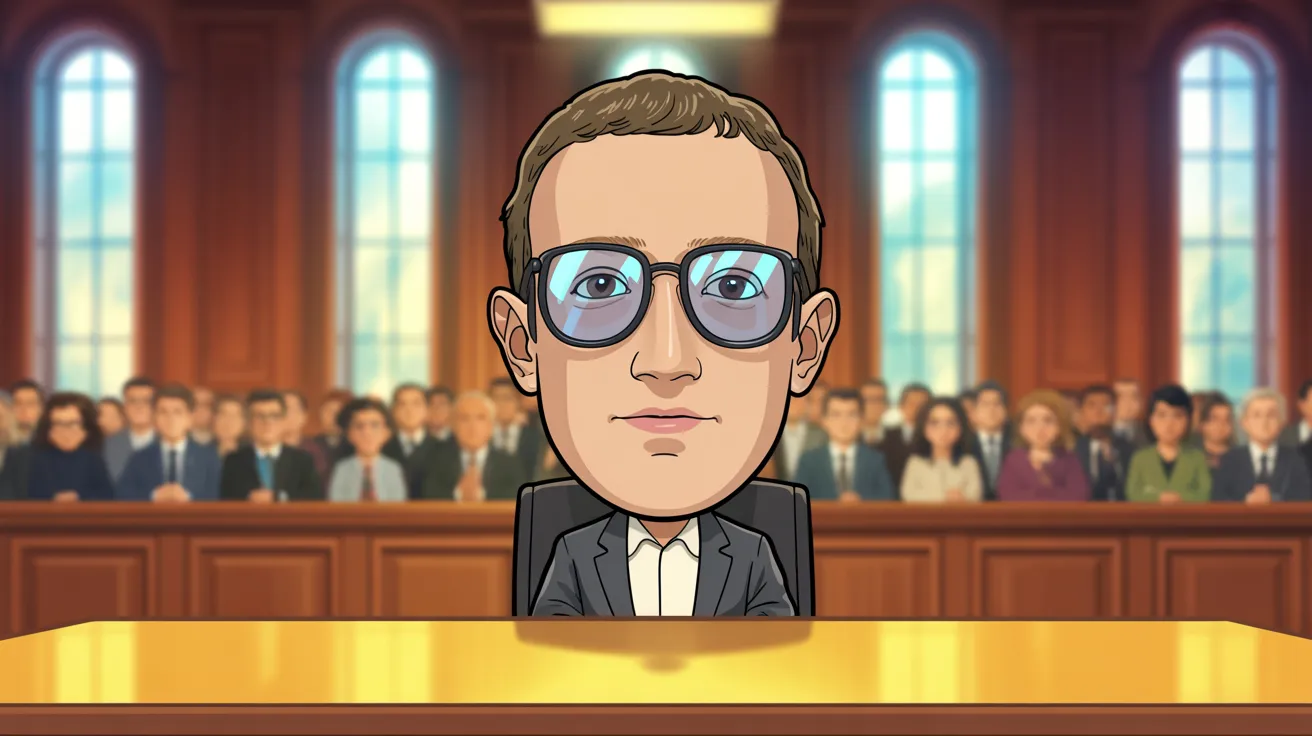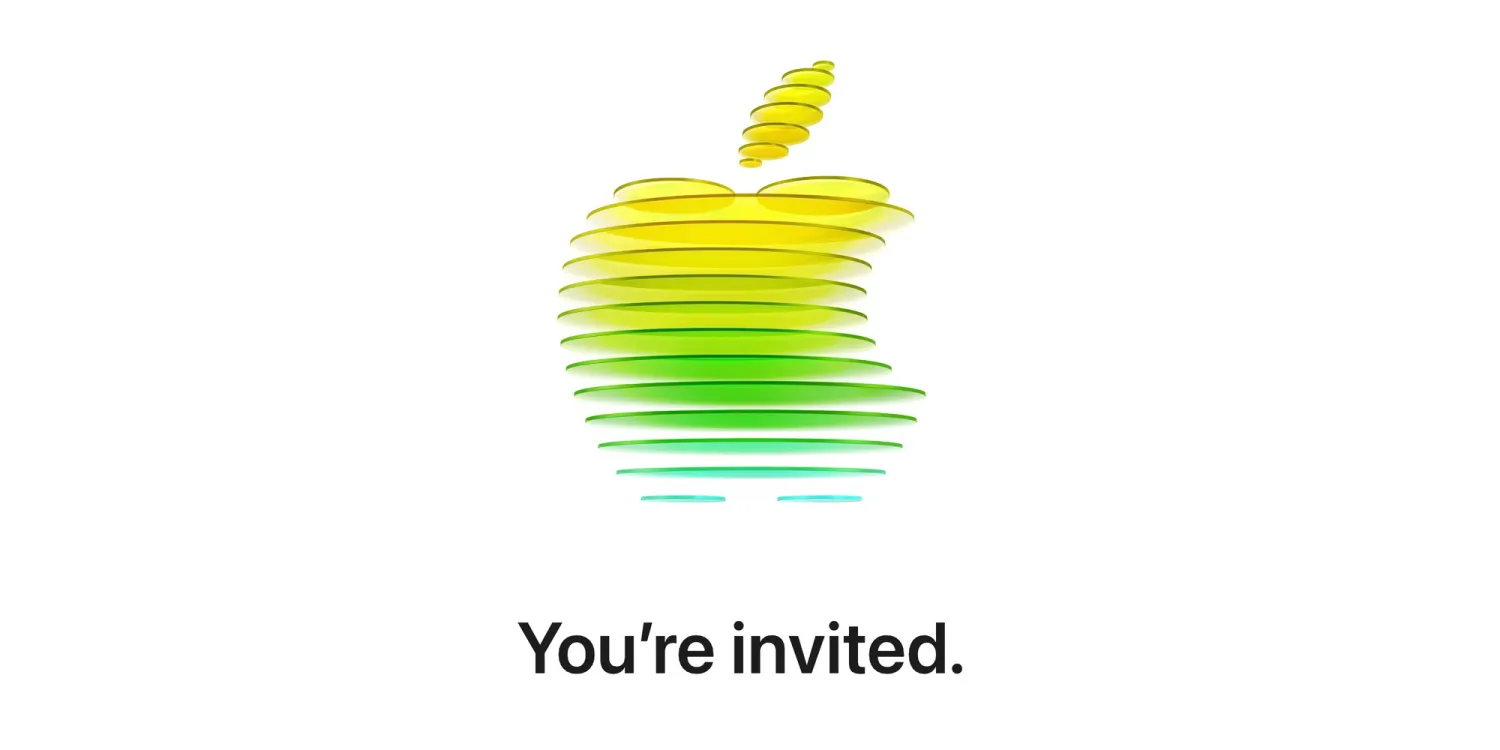OpenAI's $6.5B bet on Jony Ive
PLUS: Google’s sweet deal with AI startup under scrutiny
Read Online | Sign Up | Advertise
Good morning, tech enthusiasts. OpenAI just spent $6.5B to acquire io, a secretive device startup founded by legendary Apple designer Jony Ive.
Rumors hint that Ive and OpenAI CEO Sam Altman are building a screenless, always-on “AI companion” — a futuristic device that could one day replace smartphones. Could this be the new era in human-AI interaction? OpenAI is certainly betting on it.
In today’s tech rundown:
Details emerge about Jony Ive’s AI device
Google’s Character.AI deal under DOJ scrutiny
Luminar lands $200M after CEO shakeup
Meta signs major solar deal in AI push
Quick hits on other major news
LATEST DEVELOPMENTS
OPENAI
🔥 Details leak about Jony Ive’s secret AI device

Image source: OpenAI
The Rundown: Following OpenAI’s $6.5B buyout of famed Apple designer Jony Ive’s AI device startup, io, the duo reportedly unveiled some details about Ive’s mysterious product in a recent internal call.
The details:
The Wall Street Journal reports that it won’t be a wearable or smart glasses but rather a pocket-sized, contextually aware, screen-free device.
It’s designed as a “third core device” alongside your laptop and smartphone, with launch dates in late 2026 and an ambitious goal to deliver 100M units.
Altman says the goal is to move beyond the limitations of screens, calling it “the biggest thing we’ve ever done as a company.”
While many things are still under wraps, OpenAI says the device will be aware of a user’s daily life and create an entirely new category of consumer hardware.
Why it matters: Altman and Ive have firmly rejected comparisons between their mysterious AI device and existing products like smart glasses or the Humane AI Pin. Instead, they describe their vision as a “family of devices” that could ultimately add $1T in value to OpenAI and, as Ive puts it, ignite “a new design movement.”
🔎 Google’s Character.AI deal under DOJ scrutiny

Image source: Ideogram/The Rundown
The Rundown: The U.S. Department of Justice just launched a probe on Google’s $2.7B licensing deal with popular chatbot startup Character.AI, with the feds now investigating if it was an intentional workaround to dodge the antitrust spotlight.
The details:
Instead of buying Character.AI, Google snapped up its founders and 30 employees, along with a non-exclusive license to its $2.7B proprietary AI tech.
The startup remains an independent entity, but the DOJ is examining whether the structure of the deal was designed to circumvent merger review processes.
Regulators are now turning their focus to “acqui-hire” and licensing deals that give major firms access to innovative startups without facing regulatory review.
Why it matters: The DOJ’s investigation is still in its early stages — with no formal allegations brought forward — but the case highlights a growing trend in the tech industry: In the world of AI, acquiring top talent and intellectual property can be just as valuable — if not more so — than outright company ownership.
LUMINAR
💰 Luminar lands $200M after CEO shakeup

Image source: Seb Daly/Web Summit via Sportsfile/Wikimedia Commons
The Rundown: After a rocky week marked by its CEO's sudden departure and company-wide layoffs, automotive lidar pioneer Luminar bounced back with $200M in new funding, aimed at developing its next-gen “Halo” lidar platform.
The details:
Details are scant, but founder Austin Russell, who started the company at 17, stepped down as CEO last week after an internal ethics investigation.
In the first quarter of 2025, Luminar reported revenue of $18.9M, a 10% decrease from the same period last year.
Luminar shipped nearly 6K lidar sensors in Q1 2025, a 50% increase over the previous quarter, due to partnerships with Volvo and Mercedes-Benz.
The company is now streamlining its lineup to focus on the next-gen “Halo” lidar platform, which offers higher resolution, greater range, and lower costs.
Why it matters: Luminar’s CEO may have fallen from grace, but the company does have strong backing from Volvo and Mercedes-Benz to develop its next-gen Halo, which promises four times the performance of Luminar’s previous sensor with the ability to detect objects hundreds of meters ahead in all weather conditions.
META
☀️ Meta signs major solar deal in AI push

Image source: Ideogram / The Rundown
The Rundown: As the AI infrastructure race heats up, Meta signed a major solar power deal, securing 650 megawatts of capacity from new projects in Kansas and Texas, to power its energy-hungry data centers.
The details:
This is Meta’s fourth large-scale solar agreement announced this year, adding to its already substantial renewable portfolio of over 12 gigawatts.
The company’s goal is to ensure its data centers, which are among the most energy-intensive facilities in the world, run entirely on renewable energy.
It favors solar in regions like Texas due to lenient permitting, strong grid infrastructure, and abundant sunlight.
Meta is also aggressively pursuing nuclear energy, releasing a request for proposals to developers for 1–4 gigawatts of new nuclear capacity in the U.S.
Why it matters: The AI era needs energy at an unprecedented level, and Big Tech is banking on nuclear to power their future. But solar farms can be brought online much quicker than a nuclear power plant, meaning Meta can tap into its clean power quickly. And with Llama 4 expected to need 10x more power than Llama 3, demand is high.
QUICK HITS
📰 Everything else in tech today
Xiaomi started mass production of its self-developed 3-nanometer chip, the Xring O1, in a major milestone for the Chinese electronics and EV company.
Anthropic, the Amazon-backed OpenAI rival, launched its next-gen LLMs — Claude Opus 4 and Claude Sonnet 4 — at its developer conference in San Francisco.
Apple is accelerating efforts to enter the smart glasses market, with plans to debut a new product by the end of 2026, according to Bloomberg.
Paris has been named as the new European tech champion, beating London for the first time on key metrics, according to data from Dealroom.
YouTube expanded its Premium Lite subscription plan, available in the U.S., to seven additional countries, including Canada, where it is offered for $8 per month.
Social fitness app Strava acquired cycling app The Breakaway, following its buyout of running app Runna last month.
Starlink, SpaceX’s satellite internet service, launched its high-speed internet service in the Faroe Islands, a remote North Atlantic archipelago.
House Republicans proposed a 10-year moratorium on state-level enforcement of AI laws, allowing only the federal government to regulate AI technologies.
Mozilla is shutting down Pocket, its bookmarking tool used to save articles and webpages for later, on July 8.
A TikTok video featuring a transparent phone went viral this week, but it is actually a clear piece of plastic shaped like a phone, dubbed the Methaphone.
COMMUNITY
🎥 Join our next live workshop
Join our next workshop today at 4 PM EST with Dr. Alvaro Cintas, The Rundown’s AI professor. By the end of the workshop, you’ll be up to speed on the latest from Google and ready to use their new tools in your own projects.
RSVP here. Not a member? Join The Rundown University on a 14-day free trial.
See you soon,
Rowan, Jennifer, and Joey—The Rundown’s editorial team
Stay Ahead on AI.
Join 2,000,000+ readers getting bite-size AI news updates straight to their inbox every morning with The Rundown AI newsletter. It's 100% free.






